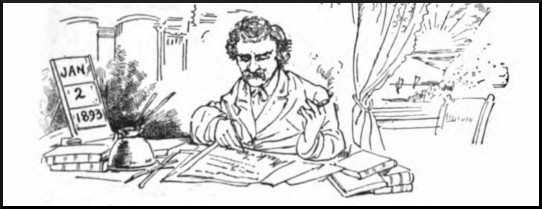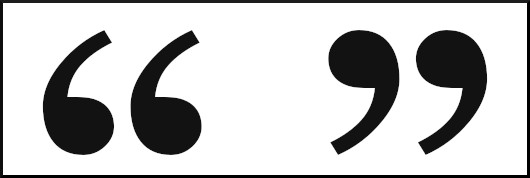G. K. Chesterton? Hugh Gesshugh? Anonymous?

Question for Quote Investigator: The Thanksgiving season reminds me of a notion that I have seen expressed in three different ways:
Instead of taking things for granted, we should take them with gratitude.
We must learn to take things with gratitude instead of taking them for granted.
When it comes to life the critical thing is whether you take things for granted or take them with gratitude.
This thought has been credited to the influential English writer and commentator to G. K. Chesterton, but I have been unable to find a citation. Would you please help?
Reply from Quote Investigator: “The Autobiography of G. K. Chesterton” appeared in 1936 which was the last year of the author’s life. He offered the following guidance to his readers. Boldface added to excerpts by QI:1
. . . I hope it is not pompous to call the chief idea of my life; I will not say the doctrine I have always taught, but the doctrine I should always have liked to teach. That is the idea of taking things with gratitude, and not taking things for granted.
The format of the statement above corresponded to neither a straightforward injunction nor a clear-cut aphorism; hence, the transmission and dispersal of the statement in its original form was hindered. Unsurprisingly, the phrasing has evolved during the ensuing decades.
Below are additional selected citations in chronological order.
Continue reading “Quote Origin: Taking Things with Gratitude, and Not Taking Things for Granted”







